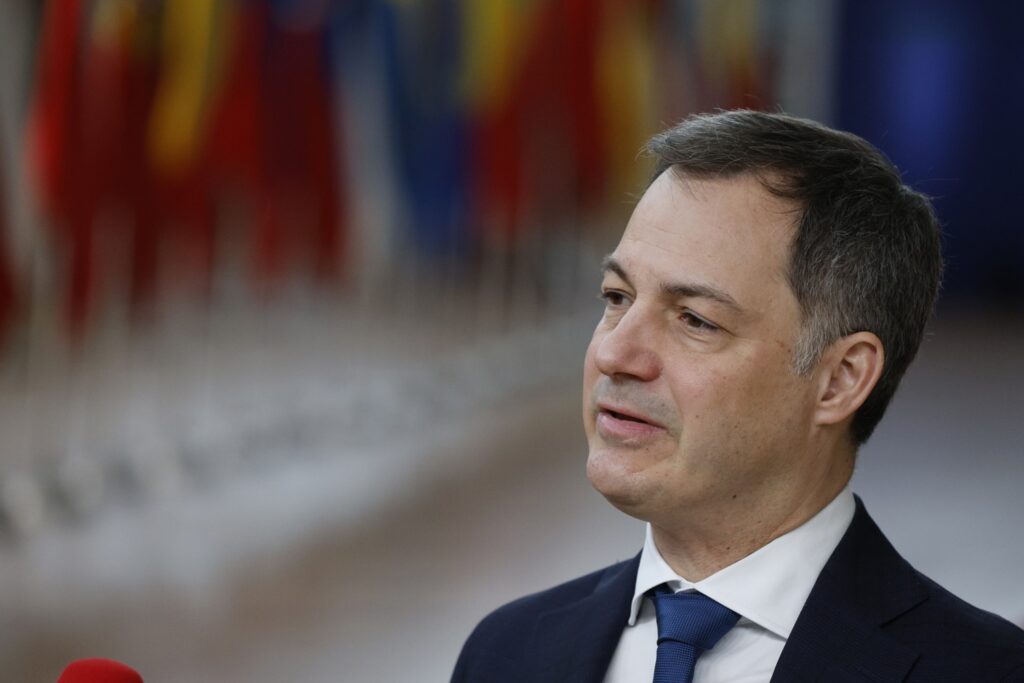Farmers briefly picketed the home of Prime Minister Alexander De Croo in Brakel (East Flanders) on Saturday night.
Using their tractors, the farmers blocked the entrance to the Prime Minister's residence after 22:00, according to his spokesperson. De Croo subsequently held a successful conversation with the protestors and invited them for a further discussion next week in Brussels.
On-site police officers were not required to intervene, Het Laatste Nieuws and Het Nieuwsblad reported. "The dialogue was open and constructive. We left satisfied, but that doesn't mean our actions have ended," commented the farmers.
"We talked to the Prime Minister about the familiar thorny issues," farmer Hans Van Quickelberghe from Maarke-Kerkem told Het Nieuwsblad. "For instance, we are currently in the dark about the future of our businesses. Currently, we have no security and this uncertainty makes it difficult for our children to make the choice to take over the parents' business. The Prime Minister has promised to revisit the specific problems for agriculture in the Flemish Ardennes."
In response, De Croo said: "I understand that farmers are concerned, very specifically about the agricultural future for their children. I told them what we will do in the short term. These people love nature because they live off it. They protect nature. Together, we need to establish how to meet our climate goals."
The action at the Prime Minister's residence lasted for about an hour. During the action, the police closed off Lepelstraat to traffic.
Related News
- Damage caused by the farmers' protests in Brussels remains 'relatively limited'
- Farmers topple statue from John Cockerill monument in Place du Luxembourg
- Some 1,200 tractors in Brussels, EU Quarter closed off to traffic
The Prime Minister had already met with agricultural representatives multiple times in the past week. Among these interactions, a delegation was received at Number 16, Rue de la Loi on Tuesday.
De Croo, accompanied by European Commission President Ursula von der Leyen and Dutch Prime Minister Mark Rutte, also spoke with farmers on Thursday following the European summit in Brussels.
During the farmers' protest, the European Commission proposed postponing the requirement to leave 4% of arable land fallow each year despite its negative consequences for biodiversity. The Commission also announced that it would put forward a new proposal to reduce the administrative burdens for farmers already before next Agricultural Council.
It has also launched a Strategic Dialogue on the Future of Agriculture in the EU to shape a shared vision for the future of the EU's farming and food system. The issue which most concerns the farmers – a fair standard of living – will be discussed in the forum but also the need to support agriculture "within the boundaries of our planet and its ecosystem."

